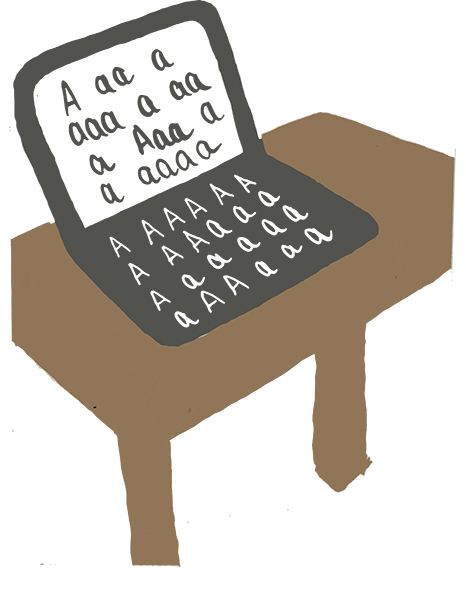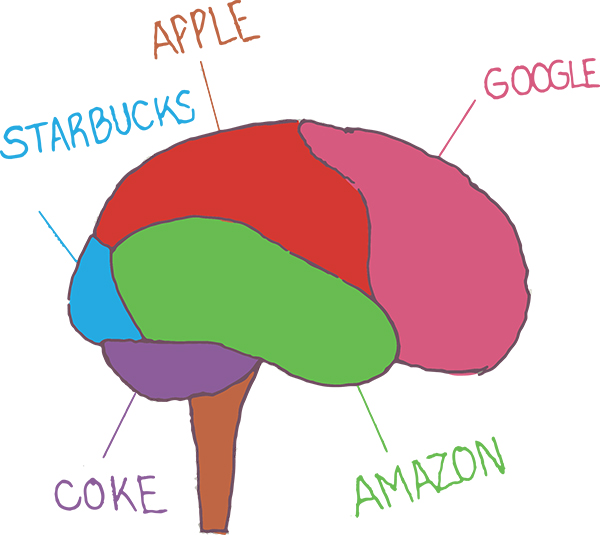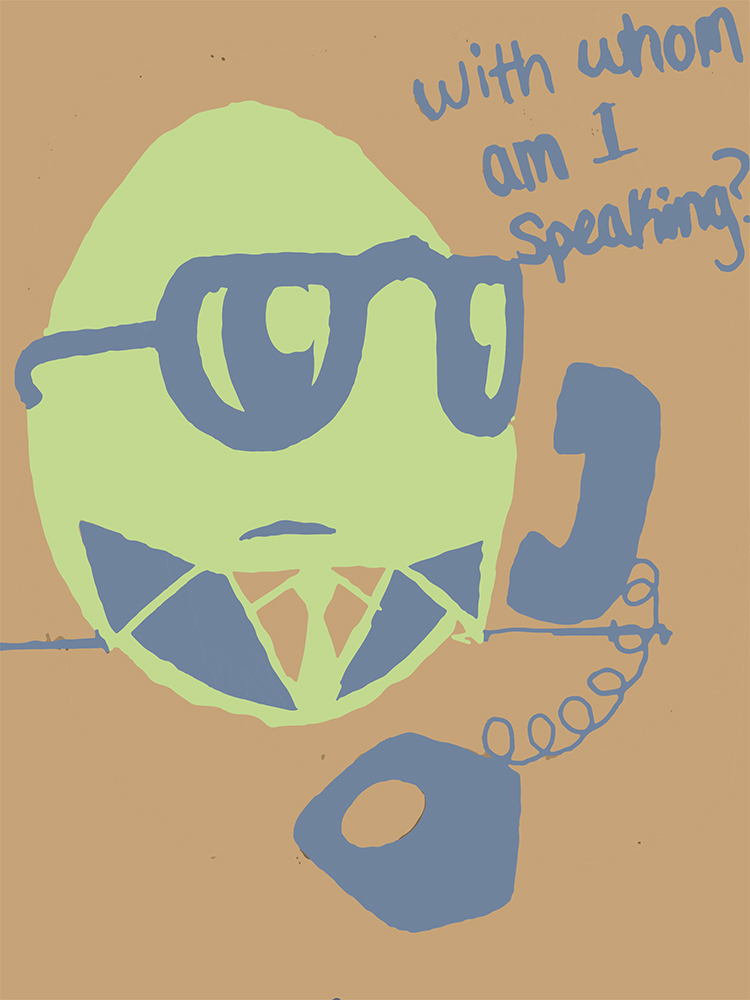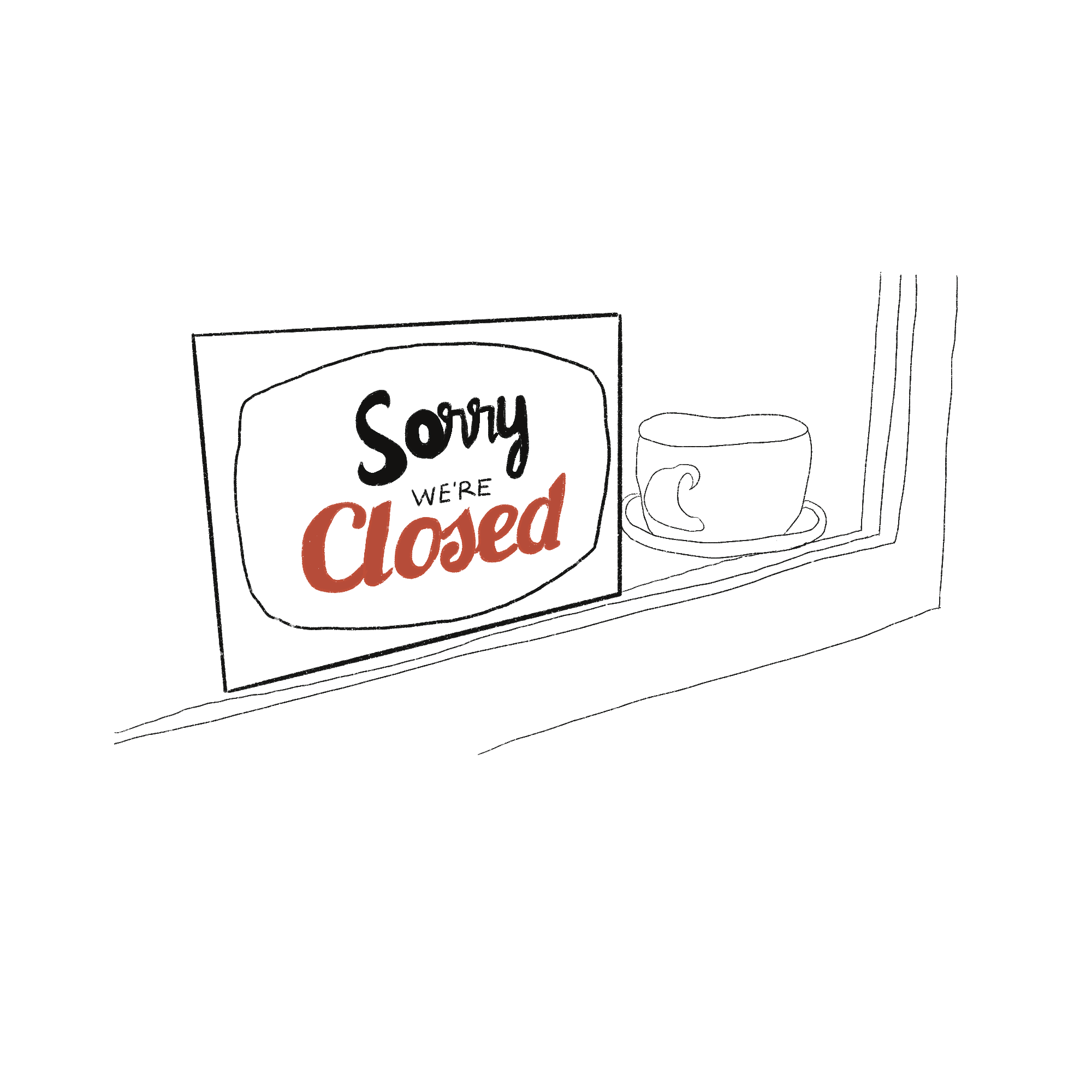The English language is changing, and not for the better. Current trends favor a slack usage that is a less effective means of communicating information than formal usage. The increased imprecision in language often relies on corporate argot (in brand names, advertising slogans, and trademarked terms for products), which entrenches the current state of corporate consumer capitalism as a feature of the language (such as the use of Google as a verb and brand names in general as substitutes for real words). Imprecise usage divorces language from meaning, and therefore from truth and a shared sense of reality. Careless usage, then, is a problem of ontology and epistemology, not simply an instance of fuddy-duddies bewailing the new. Problems with language, truth, oppression, restriction of thought, and corporate colonization of life define our era. The civil unrest, domestically and abroad, of the last several years stems from phenomena such as fake news and alternative facts which thrive in (and are abetted by) a climate of haphazard usage of language. By obliterating the notion of truth in the physical world, lax usage damages human identity (linked as it is to thought, which is conducted in language) and erases the spiritual and intellectual components of the human being that are not in the immediate service of the consumer economy.
Let us begin by examining a few examples of how subtle distinctions in word order and word choice influence meaning. In his biography of David Foster Wallace, D.T. Max describes a fictional scenario that Wallace used to teach students the importance of precise usage.
You have been entrusted to feed your neighbor’s dog for a week while he (the neighbor) is out of town. The neighbor returns home; something has gone awry; you are questioned.
“I fed the dog.”
“Did you feed the parakeet?”
“I fed only the dog.”
“Did anyone else feed the dog?”
“Only I fed the dog.”
“Did you fondle/molest the dog?”
“I only fed the dog!”
Each response in the fictional dialogue comprises the same set of words, but the placement of “only” changes the word it restricts, and thus the meaning of the sentence. This example’s meaning and attendant humor depend on precise placement of “only” and definite grammatical rules for what such placement means. Without these rules, there is neither meaning nor humor. Indeed, if there are no recognized standards for how word order determines meaning, there can be no agreed upon meaning, no varying shades of meaning, and, ultimately, no way for language to reliably convey ideas. Furthermore, the absence of such rules for language means that to evaluate the meaning of a statement (and thus its accuracy, truthfulness, intent, and so on) is impossible.

illustrations by Ciaran Dillon
Consider another illustrative example, that of the frequently used sentence adverb: “Hopefully, our flight won’t be delayed.” The adverb modifies everything in the sentence, making it a scatter-shot approximation of meaning. Does the speaker hope their flight won’t be delayed? Will the speaker be hopeful about something else if the flight is not delayed? Is the flight itself hopeful to avoid a delay? The generally accepted meaning is the first, but the imprecise syntax implies each of these readings. In the context of this isolated example, such possibilities as the flight itself experiencing hope are unlikely enough to make the first meaning relatively clear, but opacity due to such imprecision accumulates; a conversation conducted with many such muddled distinctions requires additional work to clarify points that could have been made more effectively by expending a few extra words at the outset: I hope that our flight is not delayed.
Standardizing imprecise placement of “only” and adverbs more generally erases the other readings as even possible within the language. If the standards for diction are discarded, then the language cannot describe such thoughts, and thus it is nearly impossible for them to exist. The cumulative effect is to narrow the boundaries of thought to a small range around a commonly expected meaning. Such restriction enforces old ideas by making them impossible to question and is stultifying to the creative process. Furthermore, it inhibits complex ratiocination by limiting the means by which the process is conducted, much as a painter working with only one kind of brush and one hue of paint will perforce produce canvases of limited nuance and complexity compared to the works of a painter using a wide range of brushes and paints. We see, then, that to abjure a set of formal standards for language is to abjure freedom of thought, creativity, and language itself as a mechanism for encapsulating meaning.
In addition to threatening the communication of information, decay of language endangers humor. Wit, which derives from clever turns of phrase, relies on subtle distinctions for its existence; the “only” example from Wallace’s teaching materials illustrates this. The well-known panda joke (“eats, shoots, and leaves”) depends on the understanding of the difference between a list of two items preceded by an action (eats shoots and leaves) and a list of three actions (eats, shoots, and leaves). The commas change the sense in which “shoots” and “leaves” are used, and thus the actions of the panda. Amusement arises from the disparity between the meaning of the phrase without commas and the one with commas.
Not everyone enjoys such humor, but the advocacy and acceptance of a loose usage remakes the language in a way that eliminates it as a possibility entirely. Because wit, wordplay, and other similar forms of humor depend on slight variations in word order and pronunciation, as the descriptivist trend continues to elide such distinctions, many forms of humor, and thus ways of thinking, will vanish entirely from the English language. This reduction in the range of uses and meanings in the language is a form of thought control; most thoughts occur in language, so to erase kinds of language or to deem them unacceptable removes the possibility of such thoughts occurring. Should the trend in slack usage continue, everyone will progressively think and talk more alike; such rigid conformity ought to be horrifying.
As wit comes to be seen as offensive for one reason or another, and such forms of wordplay disappear from the collective memory, there is a concurrent rise in the preference for references to consumer products in popular culture in lieu of humor. References to corporate consumer goods masquerading as humor cede ownership of language to corporate entities. Because thought is conducted in language, to repudiate a broad lexicon in favor of a narrow vocabulary composed of commercial slogans and brand names is to surrender the ability to think without recourse to consumerism. The sloppiness of language dominated by corporate language, which people seem to think evinces liberation from stilted old values, enslaves people to the corporate entities whose language replaces the rich lexicon of the past several hundred years. Indeed the tendency for people to talk of themselves as “on brand” when they “connect” with one another, and to speak about their emotional lives in the clichés of consumer culture demonstrates that the process is well under way to remold the collective consciousness and tenor of individual thought and emotion; every idea and feeling is being reframed in a way that directs the person toward the market, away from the condition of a human being and toward that of a human buying.
Thoughts shape people and thought occurs in language, therefore language is not only a means for people to communicate with one another, but the tool that constructs the self and conducts mental life; people are made, in part, by language. Degradation of language damages those who speak and write in the debased form by constricting the range of possible thought, thus entrenching the status quo and obstructing creativity. The corporate terms are especially pernicious because many of these are registered intellectual property, which allows the respective owners to charge people who speak or write the phrases; if neutral terms like “internet search” are completely supplanted by the nearly ubiquitous “Google” as a verb, there is no way to speak without supporting a corporation, and thus no way to think or exist without reference to a corporate entity. Corporate colonization of language means that there will be no way to think outside the marketplace, no free thought, no free speech. Because those who control intellectual property rights for brand names (like Google) can demand payment for use of their copyrighted material, speech using such terms is free neither intellectually nor financially.
There is yet another fundamental problem with the trend toward imprecise language, one of ontology and epistemology. John le Carré wrote in his article on learning German that “without clear language there is no standard of truth.” All the hullabaloo about language evolving, acceptance, and changing times, does not change the fact that he is right: without commonly agreed upon terms of linguistic engagement, it has none of the “accuracy and meaning and beauty” that make it useful and pleasurable, that make it a vessel of truth. In The Death of Truth, former New York Times book critic Michiko Kakutani compares Trump’s debasement of the language to similar endeavors by Hitler and Mussolini; commentators are quick to point out the unabashed ignorance and stream of lies emanating from Trump, and rightly so—he and his ilk are but one side of the encroachment upon clear language.

Let us examine the stance of a prominent defender of permissive usage. Emily Favilla, copy chief for BuzzFeed, published the usage guide A World Without Whom in 2017. As an expert, she leaves much to be desired: she considers herself “more of a feelings-about-language expert than a straight-up language expert, mostly because [she doesn’t] consider [herself] a language expert at all,” and she brags about being unwilling to put in the requisite effort to learn anything new. An example of how the culture applauds anti-intellectualism, Favilla (despite having undergraduate and graduate degrees in journalism and fashion journalism respectively, which one would expect to indicate a modicum of interest in precise language in the service of seeking and reporting the truth as a journalist) boasts about having taken only one class ever on copyediting, a class for which she was “asleep/hungover/drunk” most of the time because “Thursday night karaoke at the local bar usually went strong until at least 2 A.M.” Only in a climate of rampant permissiveness and skewed values in higher education would someone who trumpets her laziness and willfully maintained ignorance as virtues be construed as both funny and an expert. The BuzzFeed style guide and its author are, however, representative of the advocacy for lax usage of the English language and for lauding shortcomings as signs of freedom and personal expression.
Advocacy for slack usage is ostensibly to ameliorate the elitism of standard written English. Such endeavors do not free people, but in effect rob them of the opportunity to develop their minds through the rigorous study of standard written English. By depriving people of a precise, formal language that accommodates a wide range of purposes in the arts and sciences, and serves admirably in everyday speech, advocates of permissive usage are disinheriting everyone of that language’s virtues. They are, in effect, preventing the development of complex thought through the same means that slaves, peasants, serfs, and thralls—the laboring classes—have historically been prevented from unifying and revolting; access to an expansive lexicon of formal, accurate, artful language is a form of political power, which is now being withheld in the name of inclusion despite performing the same subjugating function.
There is, as well, a spiritual element to formal, pellucid language. The Gospel According to St. John opens thus: “In the beginning was the Word, and the Word was with God, and the Word was God…All things were made by him; and without him was not any thing made that was made. In him was life; and the life was the light of men. And the light shineth in darkness; and the darkness comprehended it not.” Notice how this passage positions the written word as a proper noun, and equates it with divinity and the figurative light of wisdom. When taken as mystical glimpses into the nature of consciousness, these lines bespeak the connection between the ineffable essence of human consciousness (which the author of John, and Christians in general, call the soul) and language. To respect the written word is therefore to respect the inherent divinity “for, behold, the kingdom of God is within you.” When we permit lax usage; when we as a culture lionize public figures like Favilla and Trump who flaunt their disrespect for learning and the word; when we neglect to discriminate between the language’s degradation and its evolution; when we abjure the rich heritage of our language in our bedazzlement with flashing screens; when we deliver up the language to corporate ownership, we desecrate the foundation of our very being, which is the word.
These are dark times for humanity, and in turn for the language. Precision in language is being discarded, as is concern for truth and the valuation of learning. With mainstream culture having long ago displaced literature with distraction and anti-intellectualism gaining ever more traction (as evinced by people like Favilla and Trump, no matter how dissimilar they may otherwise seem), it may be too late for anything other than a rearguard action to preserve what has not yet been lost. I believe, like Mary Norris, former page OK’er at The New Yorker, that civilization depends on the linguistic distinctions, such as those between “who” and “whom,”and that “no matter how bad” the news and the state of the world, “we must not stop caring.” May this defense of formal language by one called by conscience if not by qualification serve as a warning of what may yet be avoided in the first electronic dark age.
Sources:
The Bible. Authorized King James Version with Apocrypha, Oxford University Press, 2008.
le Carré, John. “Why We Should Learn German.” The Guardian, https://www.theguardian.com/education/2017/jul/02/why-we-should-learn-german-john-le-carre.
Favilla, Emily J. A World Without “Whom”: The Essential Guide to Language in the BuzzFeed Age. Bloomsbury, New York: 2017.
Kakutani, Michiko. The Death of Truth: Notes on Falsehood in the Age of Trump. Tim Duggan, New York: 2018.
Max, D.T. Every Love Story is a Ghost Story: A Life of David Foster Wallace. Penguin, New York: 2013.
Norris, Mary. “Comma Queen: To Whom it May Concern.” The New Yorker. November 23, 2018.





